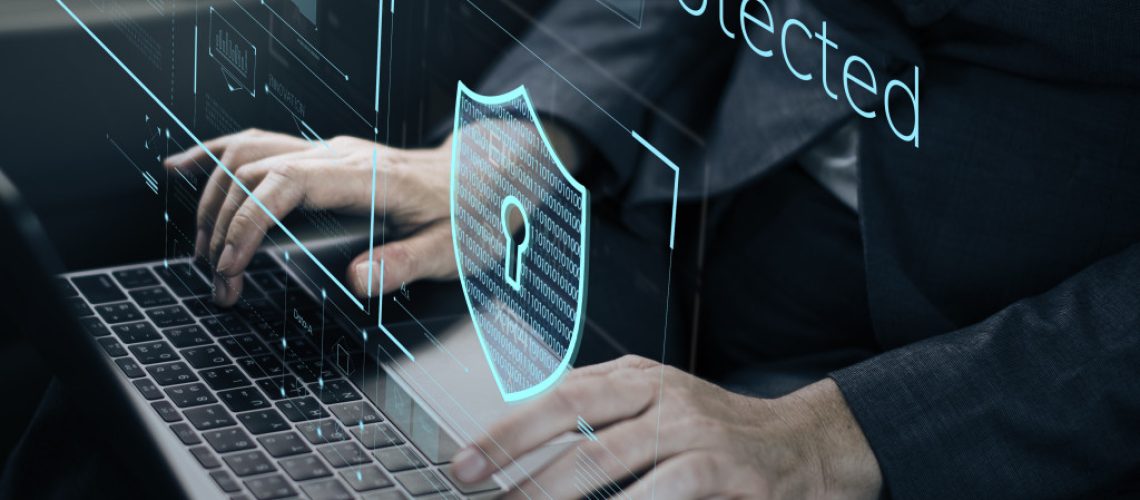We are currently living in an age where data and information are considered one of the most important resources in the world. This isn’t a surprise when there are practically hundreds of businesses actively competing with each other for their base of customers.
One of the best ways of ensuring that you get a steady base of customers is by forming and outlining strategies that will grab their attention. But to do that, companies and business organizations will need to take on a more methodical approach to gaining and storing data. Fortunately, there are a variety of ways of doing so.
In the early months of the COVID-19 pandemic, many industries have also been migrating towards online platforms. This has made it easier to access information and gather data on clients and customers. At the same time, this streamlines processing time and work for many office workers. In fact, most business experts would say that some employees are now more productive that they have more time to work rather than drive for hours and unnecessarily interact with other employees.
Many industries are now leaning towards working remotely has made it easier for most workers to access information. However, the same can also be said when hackers and malicious individuals want to use data to their advantage.
Statistics and studies show that there has been a rise in cyberattacks and data leaks in the past few years. Millions of dollars are lost to cyberattacks daily. If this is the case, you need to be prepared to keep the data and information of your customers safe and secure. The last thing that an employer wants is to have the critical personal information of a person being used for malicious purposes. Not only will this result in the company’s image being tarnished and destroying the trust of the consumer base, but this can also lead to legal concerns.
Fortunately, there are a variety of ways to ensure that data remains private and secure. Here’s what you need to know.
Backing Up Your Data
One of the most important ways of keeping your data secure is by effectively backing up data. Even if this might seem like one of the most prevalent and guaranteed strategies in ensuring that unauthorized individuals do not access data, many businesses ironically do not focus on it.
If you’re planning on backing up your data, you might want to consider storing some of your files on physical solid-state drives and hard disks and have them stored in remote areas that can’t be accessed by unauthorized personnel. This way, it’s easier to retrieve the data and use it for business purposes.

However, there will be situations where the nature of your industry will require workers to quickly access information and data as soon as possible from different locations. Most of the time, this will usually come in the form of a network that companies host. But if you’re looking for a more cost-effective way of storing data that your company can easily access, you might want to consider getting cloud-based networks.
But it’s important to consider that having your database readily available for individuals online could also make it vulnerable to cyberattacks and data leaks. If this is the case, you might want to consider getting a state-of-the-art cloud-based firewall software that’s specifically catered towards businesses and a variety of different industries. Not only will this help mitigate the chances of cyberattacks from happening, but this is also one of the best ways of ensuring that daily operations how data is being processed remain uninterrupted.
Updating Your Systems
Another essential way of mitigating data leaks and data becoming corrupted is by consistently updating your operating systems. Although it might be a huge inconvenience for many individuals in the office, especially those who need to get work done as soon as possible, it’s still necessary.
If you’re going to overlook the installation of a major system update for your computer, it’s going to increase the risk of system failures. It can make it even more vulnerable to problems in the long run. At the same time, operating system updates are one way of letting the system know about potential new threats to the system and the network.
There are a variety of ways to keep your data safe and secure. Although it might seem a bit daunting at first glance, you can get the hang of it once it’s practiced all the time. Exercising discipline and caution when handling data should be the top priority of every organization since this will ensure that information does not leak out to the public and the hands of malicious entities. Fortunately, some data protection practices are relatively simple and won’t necessarily take a good amount of time and effort.

